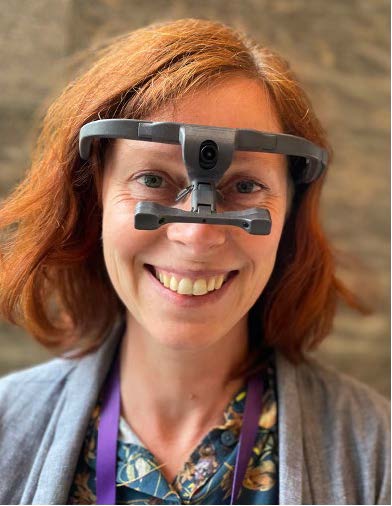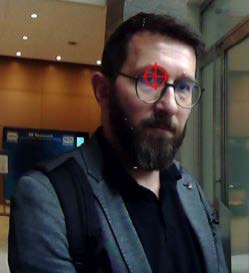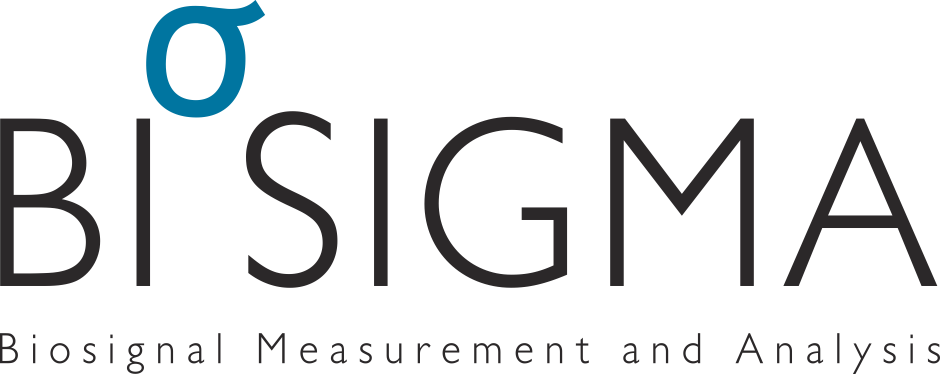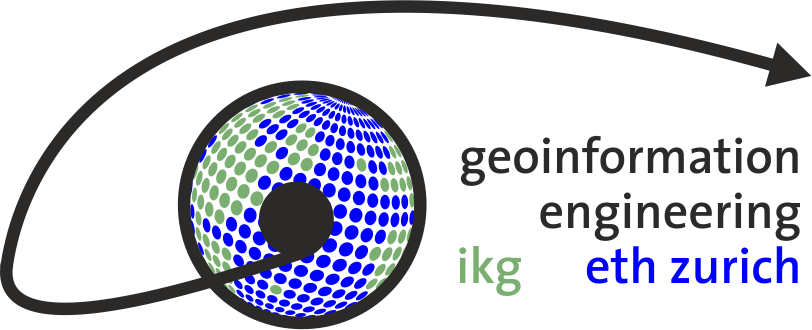Keynote Speaker

Enkelejda Kasneci, Human-Centered Technologies for Learning, Technical University of Munich
"On opportunities and challenges of eye tracking and machine learning for adaptive educational interfaces and classroom research"
Enkelejda Kasneci is a Distinguished Professor (“Liesel Beckmann Distinguished Professorship”) for Human-Centered Technologies for Learning at the School of Social Sciences & Technology and Core Member of the Munich Data Science Institute. From December 2019 until July 2022, she was Professor for Media Informatics and Human-Computer Interaction at the Department of Computer Science at the University of Tübingen and served to this department as the Dean of Studies. Her research evolves around Human-Centered Technologies and AI systems that sense and infer the user's cognitive state, the level of task-related expertise, actions, and intentions based on multimodal data and provide information for media and assistive technologies in many activities of everyday life, and especially in the context of learning. →Abstract and bio Enkelejda Kasneci
Lecturers

Andrew Duchowski is a professor of Computer Science at Clemson University. He received his baccalaureate (1990) from Simon Fraser University, Burnaby, Canada, and doctorate (1997) from Texas A&M University, College Station, TX, both in Computer Science. His research and teaching interests include visual attention and perception, eye tracking, computer vision, and computer graphics. He joined the School of Computing faculty at Clemson in January, 1998. He is a noted research leader in the field of eye tracking, having produced a corpus of papers and a textbook related to eye tracking research, and delivered courses and seminars on the subject at international conferences. He developed and maintains the eye tracking laboratory at Clemson University, and teaches a regular course on eye tracking methodology attracting students from a variety of disciplines across campus. → Abstract Andrew Duchowski

Nina Gehrer is is a postdoctoral researcher at the Department of Clinical Psychology and Psychotherapy at the University of Tübingen, Germany. She received her MSc in 2015 and completed her PhD in 2020. Her primary research interest focuses on biases in (social) information processing associated with psychological disorders (e.g., antisocial personality disorder, attention deficit hyperactivity disorder, eating disorders, etc.). In this context, she designed and conducted several eye-tracking studies over the last years. She gives courses in clinical psychology at the University of Tübingen and was co-presenter of tutorials on experimental design and gaze analytics at the ACM Symposium on Eye Tracking Research & Applications (in 2018, 2019, 2021, and 2022). → Abstract Nina Gehrer

Izabela Krejtz is an associate professor of psychology at SWPS University of Social Sciences and Humanities, Warsaw, Poland. She is a recognized researcher in the field of cognitive psychopathology, educational psychology, and daily experience measured with the momentary ecological assessment. She is an author of several dozens of international scientific publications among which a large amount was based on eye tracking experiments. She regularly teaches experimental research methodology in the context of various eye tracking applications. → Abstract Izabela Krejtz

Krzysztof Krejtz is a psychologist at SWPS University of Social Sciences and Humanities in Warsaw, Poland, where he is leading the Eye Tracking Research Center. In 2017 he was a guest professor at Ulm University, in Ulm, Germany. He gave several invited talks at e.g., Max-Planck Institute (Germany), Bergen University (Norway), and Lincoln University Nebraska (USA). He has extensive experience in social and cognitive psychology research methods and statistics. In his research, he focuses on the use of eye tracking method and developing a second-order eye data-based metrics that may capture the dynamics of attention and information processing processes (transitions matrices entropy, ambient-focal coefficient K), dynamics of attention process in the context of Human-Computer Interaction, multimedia learning, media user experience, and accessibility. He is a member of the ACM Symposium on Eye Tracking Research and Application (ACM ETRA) Steering Committee. → Abstract Krzysztof Krejtz








